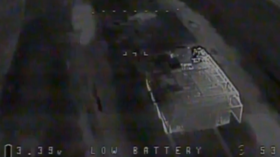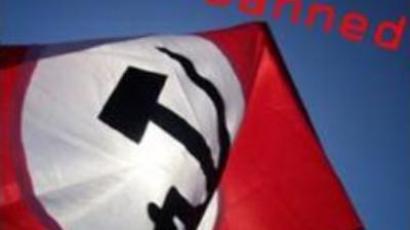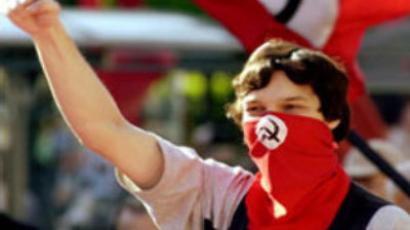Russian opposition in the eyes of the western media
Barack Obama's visit to Russia is not limited to meeting those in power. He also talked with Russia's opposition politicians, but the West’s perception of Russia’s anti-government political movements may be one-sided.
On the eve of his visit to Moscow Barack Obama gave an interview to the opposition newspaper Novaya Gazeta.
Traditionally, all American presidents meet with the Russian opposition. President Obama is no exception – he’s reaching out to NGOs and opposition parties.
“Maybe it’s just a political gesture on behalf of the American administration – to recognize that there is an opposition in force and to also recognize that Russia has some form of democracy. But at the end of the day the Obama administration, as far as I read it, fully supports the current administration that is in power right now,” said Daniel Klein, an American international lawyer based in Russia.
Those meeting the American president include Gennady Zyuganov, the leader of Russia’s largest opposition the Communist Party, among others. However, the West regards another figure as the symbol of opposition, Garry Kasparov, the former chess grandmaster who swapped a brilliant chess career for a political one.
He has been trying to fight Russia’s current leadership since 2005, when he formed the United Civil Front and joined the Other Russia party, a coalition opposing the administration of Vladimir Putin.
“I hope that Obama will understand that the picture of Russian opposition created by the Western media is a little bit one-sided. Because the Western media mainly concentrates on radical anti-Putin groups such as Kasparov’s movement – if we can call it a movement – and a few other organizations,” expressed his expectations political analyst Dmitry Babich from RIA Novosti news agency.
Few in Russia know what Garry Kasparov’s political program is. However, many have heard of his alliance with Eduard Limonov, the leader of the national Bolshevik movement outlawed by Russia’s Supreme Court for its extremist agenda.
Kasparov’s participation in the so-called “Dissenters Marches” remained in people’s memory thanks only to his cries of “Help! Help!” (in English, for some reason) when he was being arrested. The incident found little support with the Russian electorate, so little that he had to withdraw from the 2008 presidential race, never even qualifying.
“The problem with him is that he is very disconnected from the masses of the people, the majority of the population,” Boris Kagarlitsky from the Institute for Globalization Studies.
Many in Russia believe Kasparov has fallen victim to his own ambitions, which served him well on the chessboard, but not in politics. For Russians he will always be the King of Chess turned Joker of Russian politics.
Whether it's being hit with a chessboard, pelted with eggs and tomato ketchup, or tapped (as has become very popular on YouTube in Russia) with a sex toy, he has always gotten himself into trouble.














